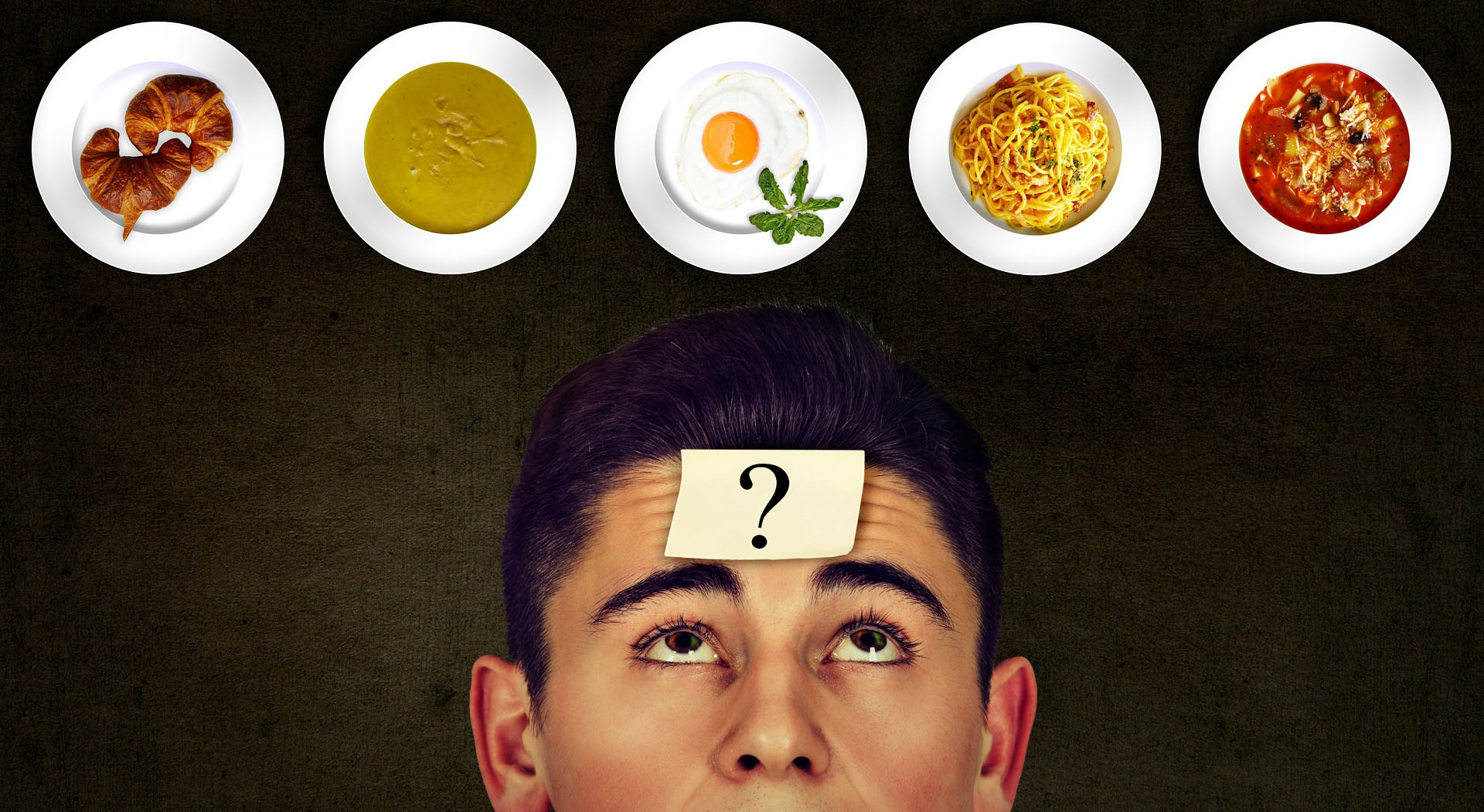The “National Eating Disorder” Epidemic and What You Can Do About It

PREMIUM CONTENT for MEMBERS ONLY
In this excellent summary by Mark Bittman and David L. Katz about what you need to know about healthy nutrition, the authors address some of the most commonly asked questions that I get from patients and audiences around the country. Some people may disagree with some of these recommendations, but overall, I cannot think of a better and more evidence-based way to answer these questions – all in one article.
I would like to emphasize two aspects related to the mind-gut connection and the gut microbiome that are important factors in the “national eating disorder” epidemic, also known as the Standard American Diet. One has to do with the psychology of eating, and the other one with the influence of signals produced by the gut microbiome, which can affect the structure and function of the brain. First, read these quotes from the article:
“Every wild species on the planet knows how to do it (e.g. proper eating); presumably ours did, too, before our oversized brains found new ways to complicate things. Now, we’re the only species that can be baffled about the “right” way to eat.”
“.. we know how we should eat, but that understanding is continually undermined by hyperbolic headlines, internet echo chambers, and predatory profiteers all too happy to peddle purposefully addictive junk food and nutrition-limiting fad diets”.
As I have discussed in detail in The Mind-Gut Connection, our belief systems about food, and what is good and bad for us, have a major influence on how we experience the most natural functions of our digestive system.
 Worrying and having strong negative beliefs about food like “gluten is bad for me,” “I have sensitivities to many foods,” “carbs are toxic,” “there is nothing I can eat without ingesting large amounts of pesticides,” etc., ring the alarm bells in our brains every time we sit down for a meal, creating chronic food-related anxiety. The worried brain sends out nerve signals to the gut as if we are in imminent danger. These nerve signals can alter gut function, microbial metabolism and increase the sensitivity of your gut to food components. In other words, more often than not, it is not the food items that many people believe are the cause of their symptoms, but the increased sensitivity of the worried brain to normal signals from the gut. Elimination diets, other strict dietary recommendation or the daily ritual of consuming supplements suppress the food related anxiety, but don’t improve the dysfunctional brain-gut axis.
Worrying and having strong negative beliefs about food like “gluten is bad for me,” “I have sensitivities to many foods,” “carbs are toxic,” “there is nothing I can eat without ingesting large amounts of pesticides,” etc., ring the alarm bells in our brains every time we sit down for a meal, creating chronic food-related anxiety. The worried brain sends out nerve signals to the gut as if we are in imminent danger. These nerve signals can alter gut function, microbial metabolism and increase the sensitivity of your gut to food components. In other words, more often than not, it is not the food items that many people believe are the cause of their symptoms, but the increased sensitivity of the worried brain to normal signals from the gut. Elimination diets, other strict dietary recommendation or the daily ritual of consuming supplements suppress the food related anxiety, but don’t improve the dysfunctional brain-gut axis.
Internet echo chambers are a highly effective way to amplify the worries of patients only to channel them towards remedies (supplements, and special diets), which will generate large placebo effects (as well as large profits). On the other hand, having a positive attitude towards food, enjoying the hedonic aspects of a meal, and indulging in a piece of chocolate or a small desert on a special occasion with friend or family will stimulate the brain to send positive signals to the gut and optimizes a sense of well being. In the long-term, such a positive attitude towards food will contribute to the health of body and mind.
The second point to mention relates to the gut microbiome’s effect on the brain. The science about the effect of molecules produced by gut microbes on the brain, which are influenced to a large degree of what we eat, (mind-gut connection) is still in its infancies. HoweTver, there is considerable evidence from experimental studies in mice and epidemiological studies in humans that optimally “farming” our gut microbes by eating a largely plant-based diet and avoiding excessive (harmful) fats and refined sugars will have a beneficial effect on our brain, from the time before we are born all the way into old age.
Reference
“The Last Conversation You’ll Ever Need to Have About Eating Right” | Grub Street